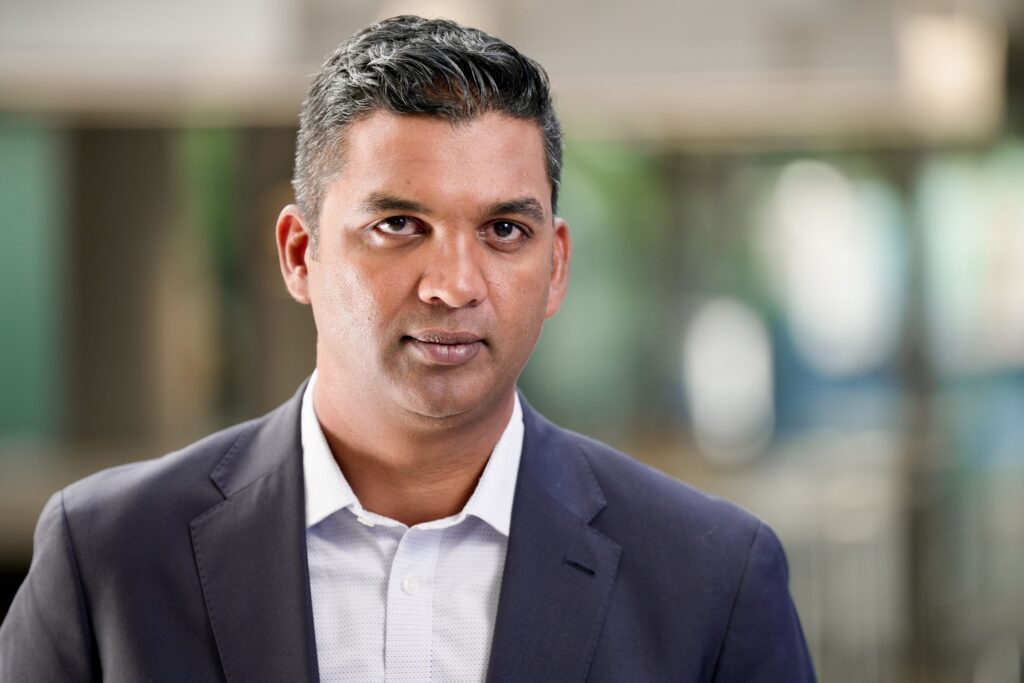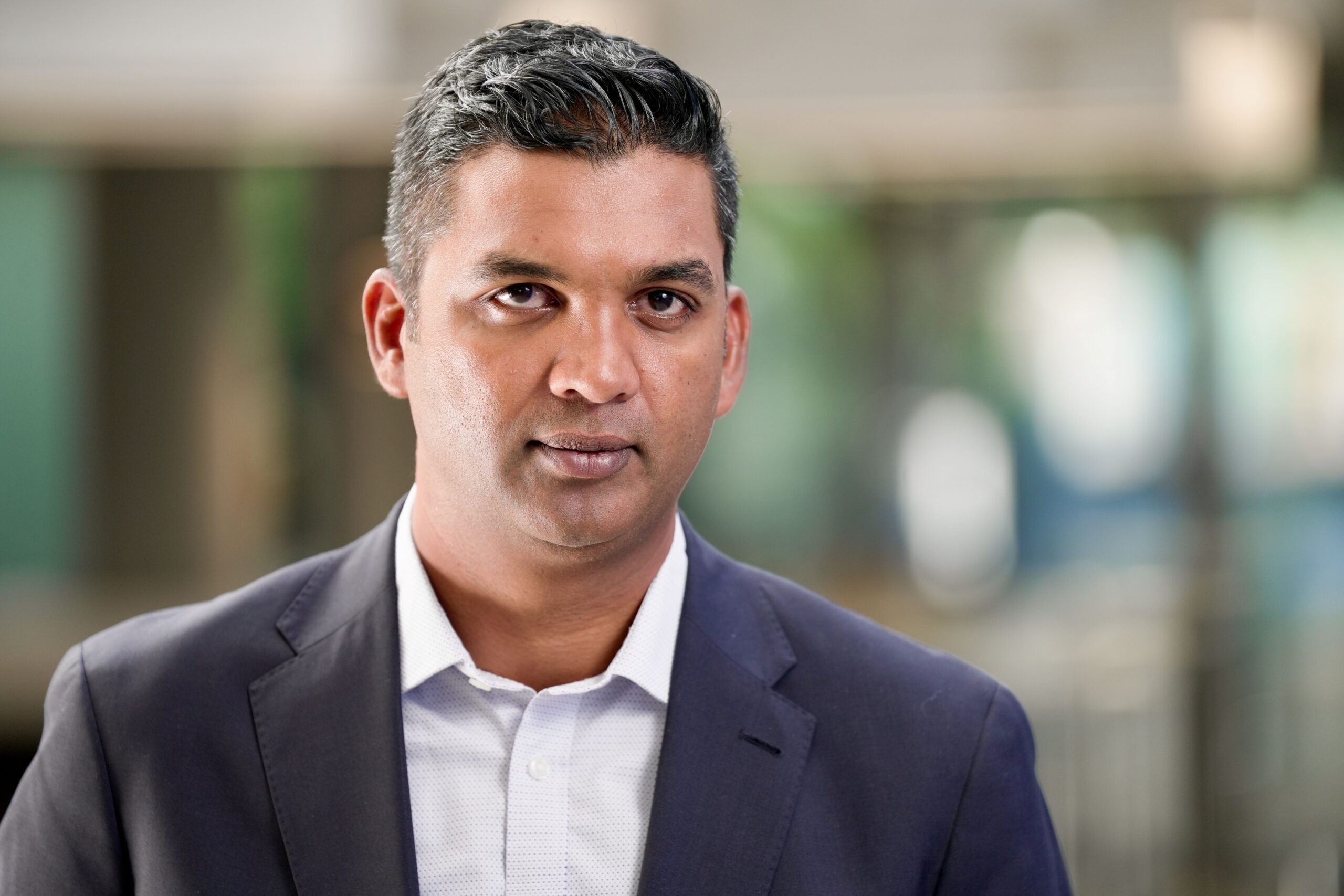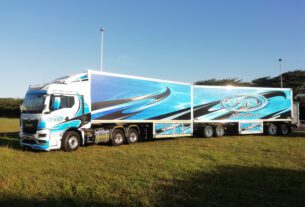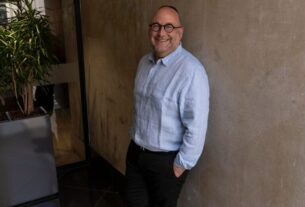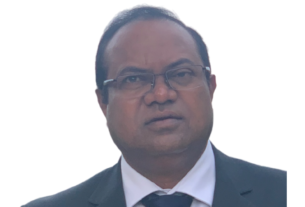The idea of breaking something as entrenched and endemic in South Africa as poverty can be daunting. There’s also a very real chance that someone would read those words and shrug it off – a publicity stunt, perhaps? Pie in the sky? On the other hand, if you zoom into the question it becomes absolutely apparent that leaders, especially business leaders, can make very meaningful contributions that, if it happens at scale, really can break the cycle of poverty.
Let’s start at the beginning. We are all humans – we eat, breathe and have feelings. Every so often, one will encounter a quote by Maya Angelou: “People will forget what you said, people will forget what you did, but people will never forget how you made them feel.” Everyone reading this will have moments etched into their memory, where they can remember in vivid detail how an event or person made them feel.
One particular day I remember vividly, my mother had packed a special lunch for me and said a prayer for me before I left the house. The pride in her eyes still fills me with warmth all these years later. It was a special day because it was the day I transitioned from a life of interning and contracting to becoming a permanent employee.
I was the first in the family. My family had been scraping out an existence through part-time work, contract jobs, side jobs, making and selling things, and so on. However, on that day I was breaking the cycle of a family that had been stuck in poverty. It’s one of the most important days in my life and I am here, writing this column, as a consequence of the opportunities I took and the hard work I put in since that day.
At Altron Systems Integration (ASI) we are embarking on a strategic journey that is outcomes-driven, moving from a company with a portfolio of products to a business with an integrated portfolio of services. This approach, this mindset, is crucial: what outcome are we collectively driving? Each and every member of our team must be part of this, and so, I was asked to induct a group of more than 30 interns that were progressing to becoming full-time employees.
It was while sitting in a room with this group of young people that the dots were joined. This is how leaders break the cycle of poverty, by doing what they do, as long as they do it well, conscious of their impact.
I told the young people sitting in that room that I vividly remembered the day I transitioned to being a full-time employee. I told them how much it meant to my mother and my family, and how it changed the course of a life that for all intents and purposes appeared mapped out, beholden to just making ends meet. My life as a forklift driver on a weekly wage was never going to get me to where I am today, it took the transition to the world of IT and that first job.
I worked my way around that table and asked each of them what this moment meant for them. One young person told me that this was their fourth internship and that they had been praying and praying for an opportunity. “I am the only breadwinner in my family, and my small intern salary is what has been paying all the bills and buying food for the people at home. The fact that I am permanent today, the fact that I have access to medical care, that I can now access credit, it will change my life drastically.”
The outcome I was trying to drive in that conversation was for people to recognise the opportunity they have to make a difference in their lives, in the lives of others, and in the business. I wanted to bring home the idea that their first day was about far more than just a transactional conversion from intern to permanent.
I sat in that room, quietly realising how much impact we have as leaders. I thought to myself, if this business is successful and grows, then we can do more of this. People’s lives can change forever because we exist as a business. This is a wonderful honour and it lit a spark deep inside me to wake up every morning to do more of this: induct young people into full-time jobs.
Leaders would do well to look at where they are in their businesses. Often, they may ask: How can we make a meaningful impact? As a fellow leader I can tell you without any fear of contradiction that the eyes of those young people told me that when a business converts interns into permanent staff, it breaks the cycle of poverty, it unleashes potential and hoists young people into being active participants in the economy.
Of course, one’s future is not made by merely becoming permanent one day. And so I imparted some advice. Stay grounded, do the basics, always be on time, and then go above and beyond the call of duty. I reminded those young people that in today’s age there may be a creeping sense of entitlement at having arrived. Arriving is just the beginning. No good thing was ever achieved without hard, honest work.
To achieve their career goals, I said, they should seek out mentors in the business that can support their careers. Acknowledge their weaknesses, and spend time with and listen to the advice of mentors that can sew their influence and experience into their young careers. And so, to answer the question: How can you, as a leader, break the cycle of poverty? Run a successful business. When the business is successful you create additional jobs and each job has a profound knock-on effect in communities. A successful business gives more people more opportunities. This is not just about charity and CSI, this is about leveraging your experience to have an influence on young people’s lives.
